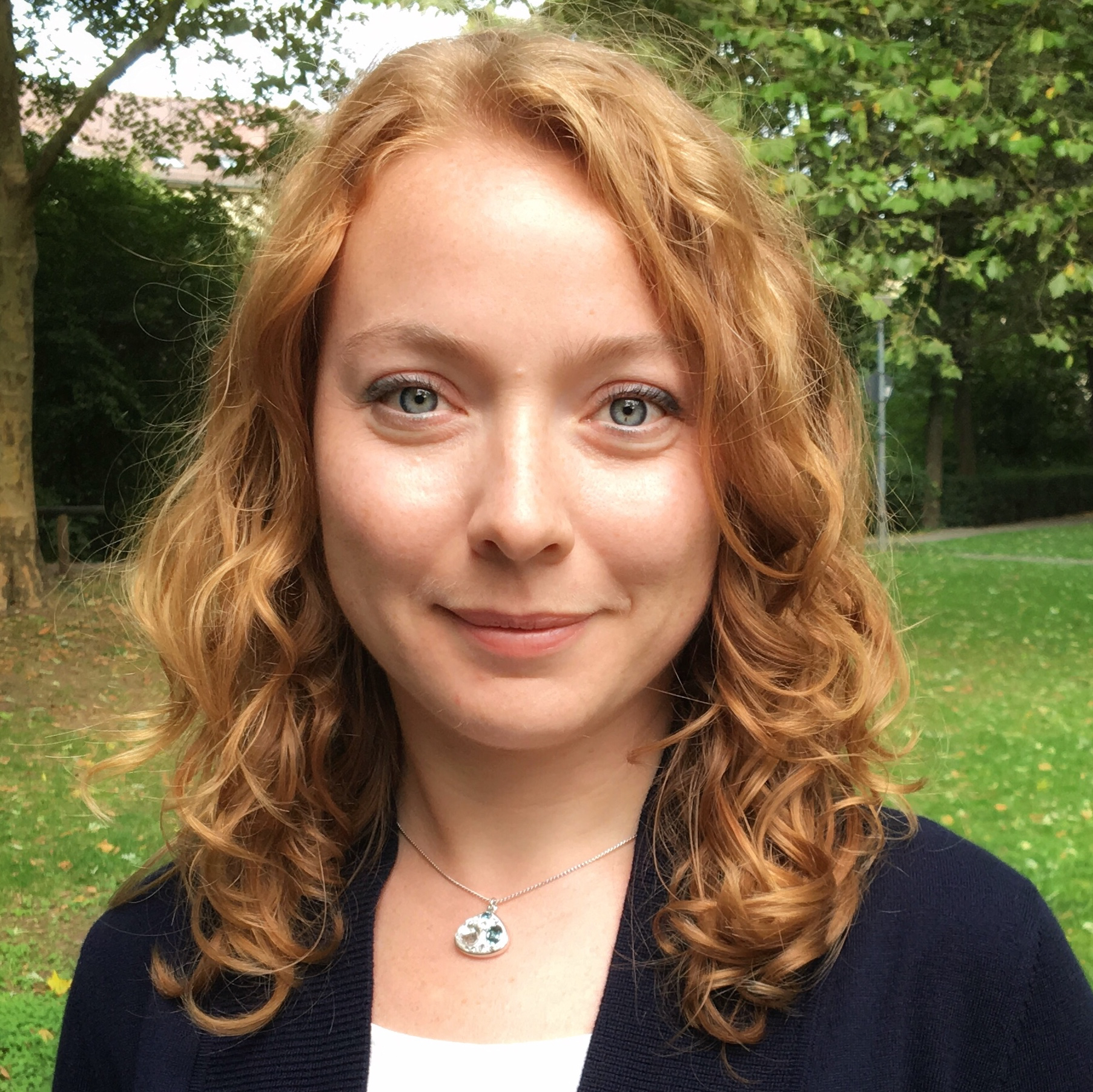28.06.2023
Zeynep Akata Schulz receives Alfried Krupp Prize 2023
Cluster professor Zeynep Akata Schulz has been awarded the Alfried Krupp Prize 2023, one of the most prestigious scientific awards in Germany.
Akata, 37, has been a professor of ‘Explainable Machine Learning’ at the Faculty of Mathematics and Natural Sciences at the University of Tübingen since 2019. The selection committee of the Alfried Krupp von Bohlen und Halbach Foundation reviewed a total of 36 candidate proposals from across Germany. The Alfried Krupp Foundation Prize is endowed with €1 million, providing the awardee with maximum freedom in utilizing these funds for research over the next five years.
"We are delighted to award Professor Zeynep Akata Schulz with this year's Alfried Krupp Prize," said Prof. Ursula Gather, Chair of the Foundation's Board of Trustees. "Explainable Machine Learning has the potential to improve our quality of life and find innovative solutions to complex problems. It will change our lives. Zeynep Akata Schulz's approach to researching machine learning without the use of labelled training data but using multiple data modalities and strengthening trust in the technology plays a crucial role in its applications and societal acceptance. She is at the forefront of this field internationally. The Alfried Krupp Prize supports her on this journey."
Zeynep Akata Schulz's research focus lies in Explainable Machine Learning, which enables understanding of the decisions made by Artificial Intelligence (AI). It provides explanations that allow humans to comprehend how and why AI made a particular decision. This strengthens trust in AI, enables users to detect errors, and contributes to responsible decision-making. This approach could find applications in finance, healthcare, law, and other fields where it is important for people to understand the decisions made by AI systems in order to make responsible and informed decisions.
One method of machine learning is Deep Learning. Modern computer algorithms utilize Deep Learning models to tackle complex tasks and solve high-dimensional problems. However, these models are opaque and cannot provide explainable representations of their decisions. Akata is working on developing transparent algorithms that can make explainable decisions. For this purpose, she employs models of “weakly supervised learning” – an approach in machine learning that utilizes incomplete or unspecific information or unqualified data. The method is useful for efficiently utilizing large datasets and training models with limited resources.
Akata's vision is to create a self-explanatory Artificial Intelligence that can learn with minimal feedback and reliably and transparently interact with humans. This can be particularly relevant for mobile robotics and intelligent vehicles.
Colleagues describe Akata as an exceptional scientist: in addition to her scientific achievements and publishing activities (she has been cited over 15,000 times in scientific circles), she is involved in teaching and supervising students and doctoral candidates.
Prof. Dr. Zeynep Akata Schulz
Professor Dr. Zeynep Akata Schulz (37), born in Turkey, was appointed to the professorship of Explainable Machine Learning at the Faculty of Mathematics and Natural Sciences at the University of Tübingen in 2019, as part of the Cluster of Excellence "Machine Learning: New Perspectives for Science." She studied computer engineering at Trakya University in Turkey, media informatics at RWTH Aachen, and got her PhD from the University of Grenoble. After completing her Ph.D. at the Inria Rhone Alpes research institute in Grenoble, she conducted research from 2014 to 2017 as a postdoctoral fellow at the Max Planck Institute for Informatics in Saarbrücken, focusing on Computer Vision and Machine Learning. During this time, she also worked as a visiting researcher at the University of California in Berkeley. Between 2017 and 2019, Akata worked as an associate professor and scientific director of the UvA-Bosch Delta Lab at the University of Amsterdam, where she studied the fundamentals of Deep Learning, a subfield of Machine Learning. Zeynep Akata has also served as the group leader at the Max Planck Institute for Informatics in Saarbrücken.
The work of Zeynep Akata Schulz has already been recognized with prestigious grants and awards, including the EVCA Young Researcher
Award (2022), the German Pattern Recognition Award from DAGM (2021), the Starting Grant from the European Research Council (2019) and the Lise Meitner Award for Excellent Women in Computer Science from the Max Planck Institute for Informatics (2014). She is regularly invited as a keynote speaker, for example, at the UAI Conference, Helmholtz AI Conference, University College London, Facebook AI Research, and Google. Zeynep Akata Schulz is a member of the Tübingen AI Center at the University of Tübingen and the Max Planck Institute for Intelligent Systems.
Alfried Krupp Prize
The Alfried Krupp Prize has been awarded annually since 1986 to young scientists who hold a first professorship at a German university in the
fields of natural and engineering sciences. It has been awarded to 42 researchers so far. The award, endowed with €1 million, provides the recipients with freedom in research and teaching. During a period of five years, they can create a flexible and independent optimal work environment and advance their scientific work.
Alfried Krupp von Bohlen und Halbach Foundation
The nonprofit Alfried Krupp von Bohlen und Halbach Foundation has been supporting people and projects in arts and culture, education, science, health, and sports since 1968, with a total commitment of €690 million. As the largest shareholder of today's thyssenkrupp AG, the foundation exclusively uses the income it receives for charitable purposes. With its work, it makes an impact on the development of science and higher education, aiming to enable equal opportunities and improve the education of younger generations.
For more information: www.krupp-stiftung.de/wissenschaft/
After a press release by the Alfried Krupp von Bohlen und Halbach Foundation.

